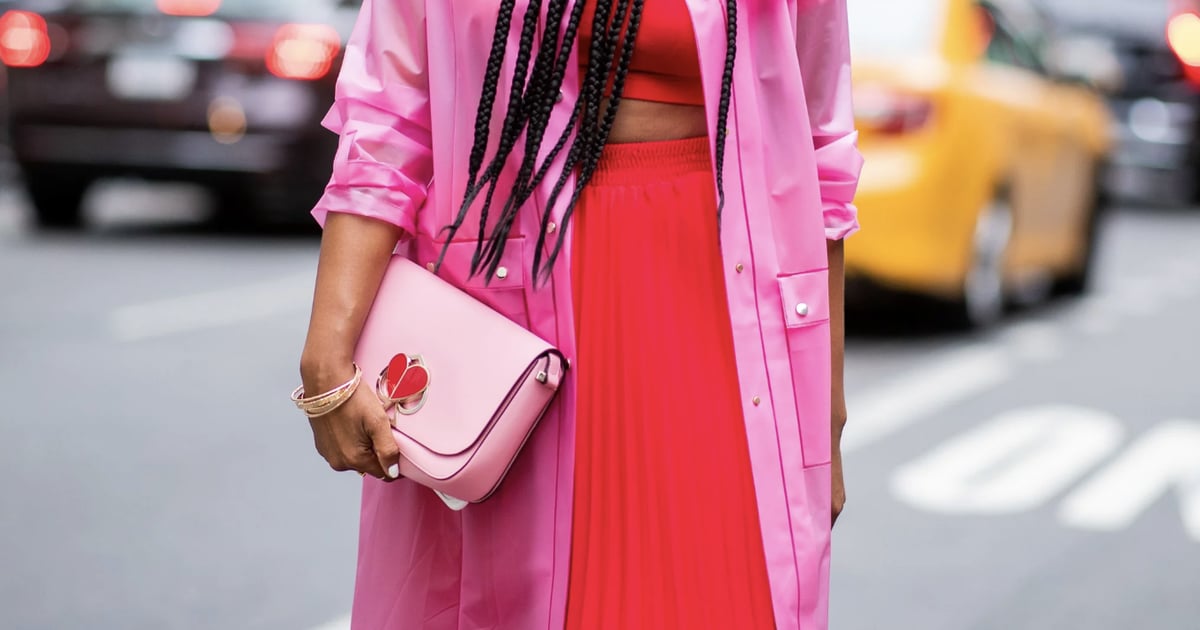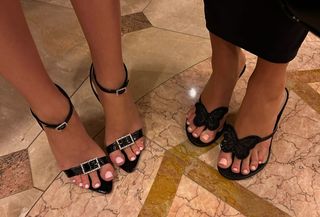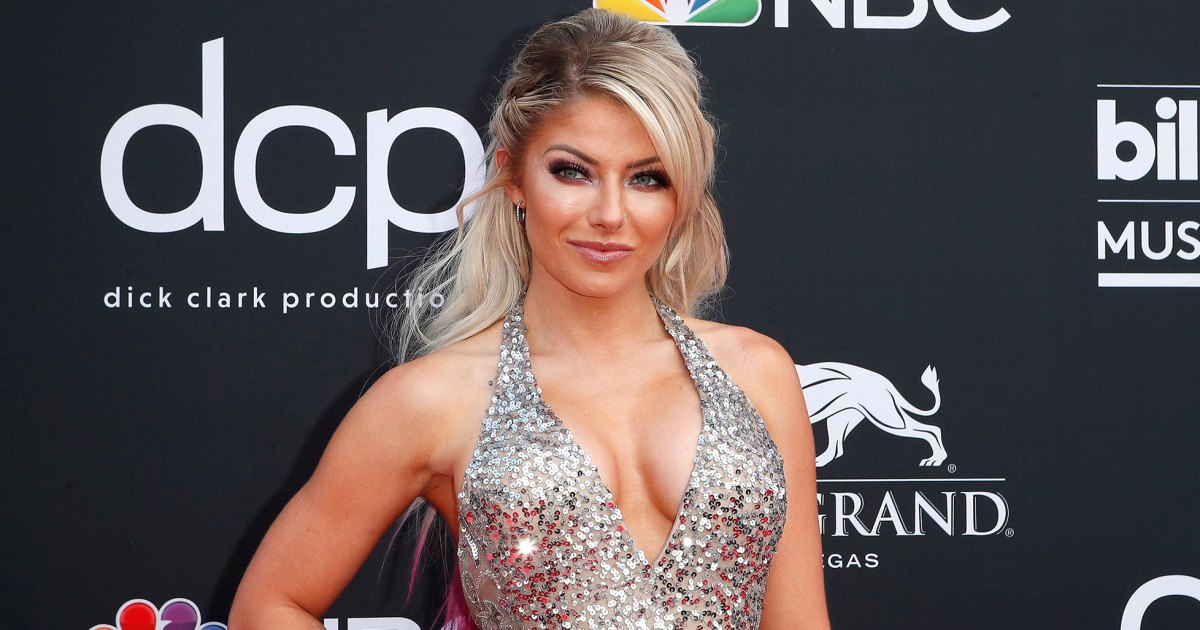As a mark of respect to her Majesty, Center Parcs security guards will escort vacationers off the premises on Monday. After a night in a tent in a layby, they can return once the bank holiday is over. No, they won’t. Center Parcs will lock families in their rooms during the Queen’s funeral. Toddlers can climb the walls of the woodland lodges, but only inside, certainly not outside. No, hold on. They can walk around the woods in solemn contemplation, gazing mournfully at the lamenting zip wire and the swimming pool fountains spraying at half-mast.
While the holiday park operator did not go quite this far, it was entertaining as a bystander — rather than a disappointed customer — to watch Center Parcs grapple with the Monday bank holiday marking Queen Elizabeth’s funeral. Its Twitter account flip-flopped, first telling holidaymakers they would need to leave for a day before the backlash triggered a retreat in which the company appeared to suggest vacationers would be barricaded in their kitchenettes.
This was an operational and public relations mess. Stephen Waddington, a PR adviser and former head of the Chartered Institute of Public Relations, was incredulous: “You have to wonder, how many people did this go past?” Pointing to the lack of women on the board, he emphasised, “in most households, women are the most important decision makers on holidays”.
It’s an idiotic and confusing call but unlikely to cause long-term harm. It distressed rather than insulted customers, unlike the furore of Gerald Ratner’s 1991 speech in which the jeweller described his wares as “total crap”. Or the comment a decade later by David Shepherd, the brand director at Topman, the menswear group that the target customers were “hooligans”.
It is surprising that Center Parcs hadn’t planned for such an event. A 96-year-old queen couldn’t live forever. And yet it is not the only company to have faltered — partly because there is no such thing as a unified public sentiment. Every time I hear the Queen referred to as the nation’s grandmother, I reflect with irritation on how different she was from my own — a Mancunian sporting puffed sleeves and costume jewellery until she died.
Is the Queen’s memory served by the deferral of hospital operations or school closures? Commemorative assemblies would no doubt be just as respectful — or even more so — than families slumped at home watching television. Was Guinea Pig Awareness Week, cancelled out of respect, really in danger of eclipsing the royal family’s grief?
I’m not arguing for a bank holiday of fun and mass consumerism, but some companies seemed bafflingly eager to mark the occasion. Did adult emporium Ann Summers, Poundland, or a company selling amyl nitrate need to broadcast their condolences on social media? It is proof that virtue-signalling is not restricted to leftism. Mark Borkowski, a PR adviser, observes that “brands are hostage to social media” and have lost “confidence [about] communicating in a straightforward way”.
Companies do not need to respond to every news event. When Prince died in 2016, I was bemused to see Minnesota-based cereal maker Cheerios and 3M, the manufacturer, post sympathy to their resident musical star. Though they deleted their tributes, it did not feel as mercenary as Crocs, the footwear company, tweeting a Ziggy Stardust lightning flash on the death of David Bowie.
Sometimes social media statements can be an attempt to signal inclusivity but often prove merely vapid. Take Fifa’s Twitter post celebrating Pride month — which was swiftly exposed as hypocrisy since the football governing body had awarded the World Cup to Qatar, a country where same-sex relations are illegal.
If anything, the Queen’s most enduring example is that of dignified restraint. Or as one PR expert put it: “If you have a royal warrant then it’s fine to put something out there, but otherwise just shut . . . up.”
emma.jacobs@ft.com
















































































